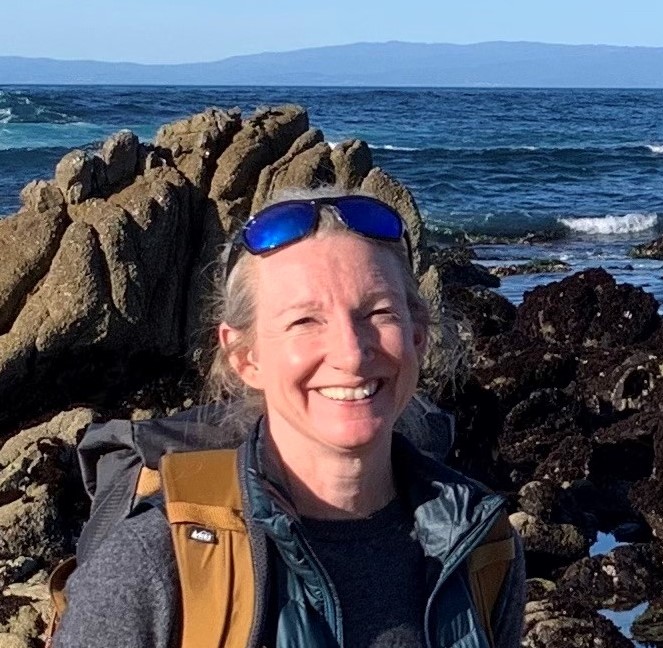
Dr. Liz Alter is a marine evolutionary biologist, Assistant Professor of Biology at California State University, Monterey Bay and a Research Associate at the American Museum of Natural History in New York. Her research focuses on understanding how biodiversity is generated and maintained, particularly in oceans, estuaries and rivers, using the tools of genomics. Dr. Alter serves as a Commissioner on the Fish and Wildlife Advisory Commission of Santa Cruz County, as well as the Scientific Advisory Board of the Billion Oyster Project, which seeks to restore coastal ecosystems while training high school students in marine science. She holds a PhD from Stanford University’s Hopkins Marine Station, and an MS from UC Berkeley.


